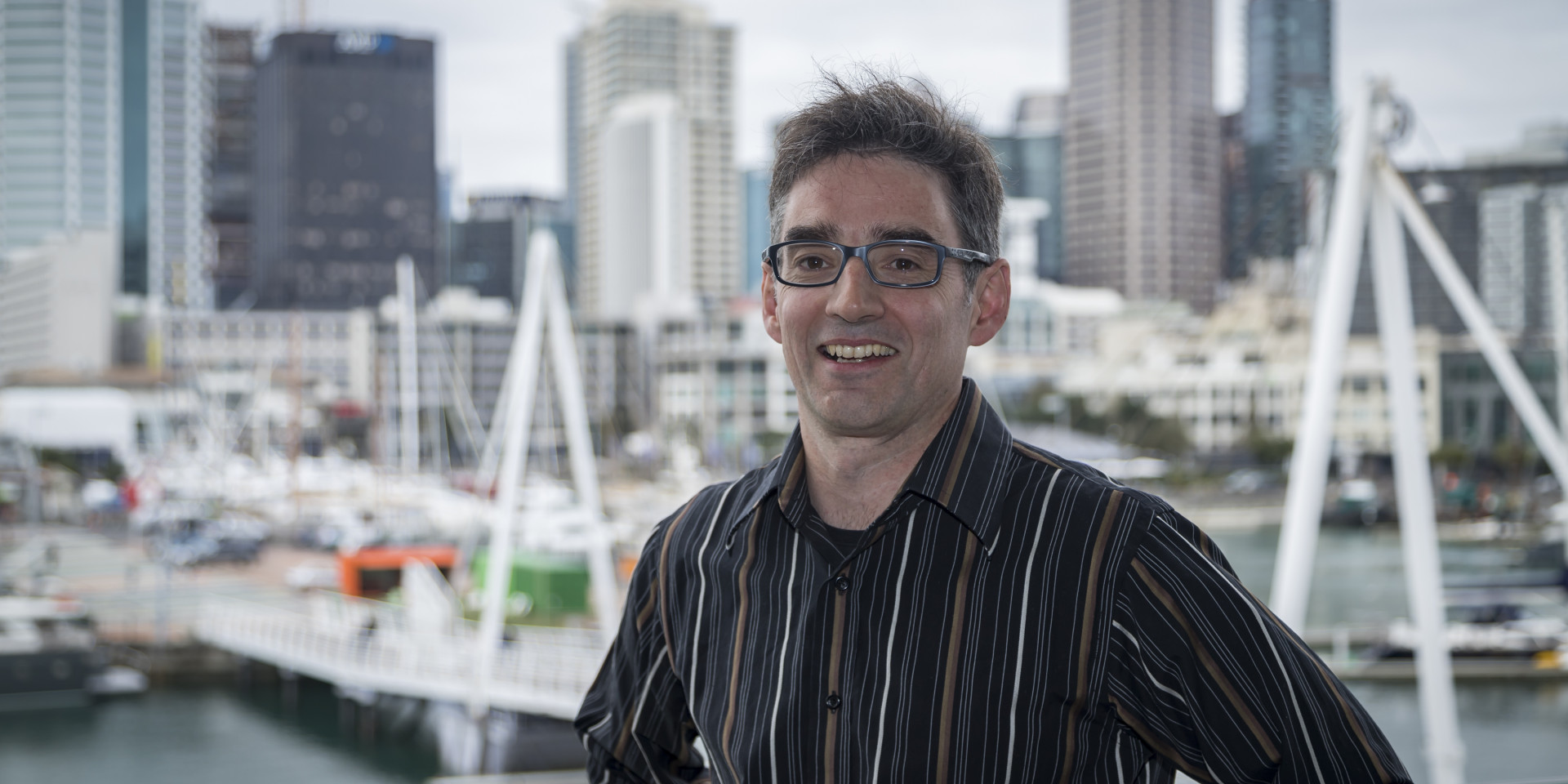“There is a vast chemical language out there that nobody is using.”
Scentian Bio founder Andrew Králíček would know. He has spent the better part of two decades at Plant & Food Research working with a team to find out how to decode and harness this sensory ‘language’ that lies within insects’ powerful sense of smell.
Unlocking those secrets led Králíček to develop a world-leading new technology - putting synthesized insect smell receptors on nano chips to build a handheld ‘nose/tongue’ device capable of accurately smelling and tasting chemical compounds.
“We’re essentially putting an antenna on a chip,” Králíček says - and the applications for that are vast, from the food and beverage sector, to agriculture, horticulture, biosecurity, and health.
Real-world applications
“We are starting with the flavour industry because that seems to be the simplest place to start and this has the potential to be a game changer there. There is a real need there for a matching tool, to look at quality control of raw materials coming into flavour houses, and the products going out to customers.”
The Scentian Bio device can match flavour profiles refined by human tasting panels, and create a ‘fingerprint’ for the profile so it can be assessed and recreated precisely.
“Once we’ve demonstrated it works, we can go in all sorts of directions, which is what makes this sort of platform technology so exciting,” Králíček says. “There are medical diagnostic applications, such as detecting cancer on your breath. It could be used to detect environmental hazards such as gases, or biosecurity hazards such as disease. It could be used to tell when cattle are in heat, or to test water quality.”
There is also a speed advantage, with the device able to provide results in minutes, instead of waiting for results from centralised labs.
While other methods of mimicking nature have been tried before, Scentian Bio has gone a step further by synthesising the real thing. “We are bringing a whole new way of looking at the world to the market that has the ability to keep learning and getting better.”
The business has partnered, and undertaken a pilot programme, with San Diego based company Cardea Bio, makers of graphene transistor nano chips, to host the receptor technology.
“The next 18 months is all about proving the technology; demonstrating that it works. Then it’s productising it for industry. First in the flavour industry, but then hopefully well beyond that.”
Turning research into a business
Scentian Bio spun out as a commercial venture from Plant & Research, with backing from Sprout Agritech, a Technology Incubator. The business went through Sprout’s accelerator first to determine how best to commercialise its discovery and is now partnered with Sprout as part of Callaghan Innovation’s Tech Incubator programme to ensure it is well supported in its grand vision for the future.
As part of the Tech Incubator partnership, Sprout Agritech has two seats on the Scentian Bio board, and Scentian Bio has access to entrepreneurial expertise, access to international markets and experts, as well as crucial capital networks.
Sprout Agritech investment manager Warren Bebb says the appeal of Scentian Bio for the Technology Incubator is that it is world-leading deep tech that, crucially, has real-world applications.
“It is a platform technology that can be applied in so many ways and have so much benefit,” Bebb says.
Like so many young, innovative companies, one of the challenges Scentian Bio will face is raising capital and an understanding of commercialisation strategies for scaling globally, which is where Sprout Agritech can be particularly helpful as a Tech Incubator partner.
“A company with the goals that Scentian has, is going to require a lot of capital. With a young company there is so much to do and capital raising can take so much time.
“We can facilitate the best way to raise capital for the business through our own connections and experience, without it being a huge drain on their time. They can get on with the things they’re good at. We can get alongside those founders and design a capital raise process that is really going to work for them, taking advantage of the great network we have.”
For Andrew Králíček the Tech Incubator relationship also helps him develop as an entrepreneur.
“I want to keep growing and step out of the lab and this helps me do that. Not that many people do make the jump over from the technical side. But scientists can do this kind of thing - we’re not just lab boffins!”
New Zealand’s Technology Incubator programme supports deep tech innovators to turn their complex products and technologies into high growth ventures. Under the new programme, and through official incubators, deep tech startups can access funding of at least $1,000,000, strong breadth and depth of commercialisation support, and international and local connections.




